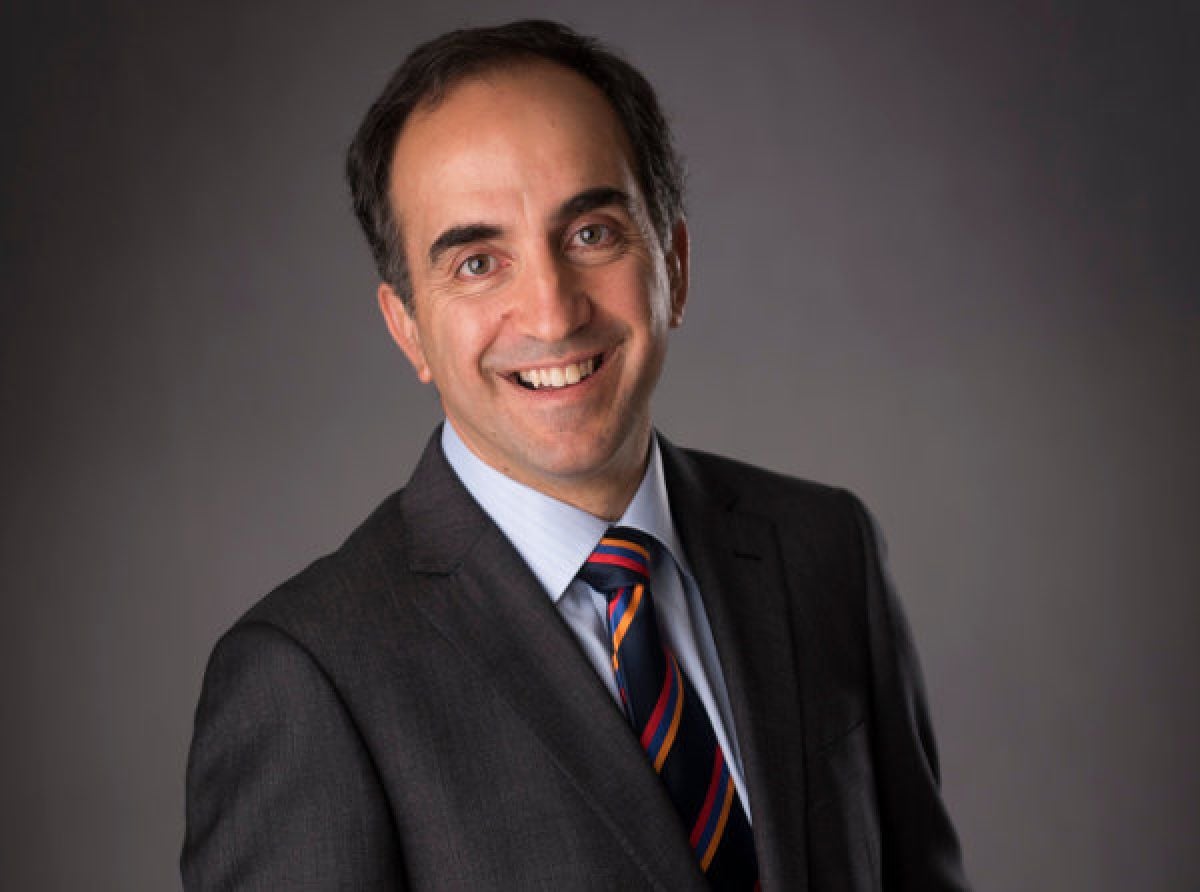
Where are you come from, John, and what are you doing nowadays?
Born in Calcutta, I grew up in Sydney and the UK. I qualified as a chartered accountant in 1989. In 1992, I founded a company that specializes in International Tax and a Corporate Services Group. Today we have 10 offices around the world.
Why did you choose to expatriate to Singapore? How long have you been in the country?
We established our business there at the time because it was and still is a very easy jurisdiction to move into. It has is a highly respected tax legal and accounting system. We were looking for a country to be our Asian headquarters. Singapore was the best country in Asia from that perspective at the time. As it is home to over 1 million expats, most of whom are in Singapore to live and work for a short period of time, it was ideal for us. I moved in 2004.
What were the procedures to follow for an Australian national to move there?
Moving to Singapore was relatively easy. At the time, obtaining an Employment Pass was very straightforward. The whole process took us less than two weeks. The Ministry of Manpower is highly efficient. Once they reviewed our information and understood what we were about, my Employment Pass was issued quickly.
What has surprised you the most at your arrival?
A great many things! But most of all, two things stand out. Firstly, how similar people are: most of the people I come in contact with are expatriates themselves. Regardless of nationality, we have very similar concerns, hopes and aspirations. We leave our home countries in search of similar things and we are all generally very adaptable people. We have to be. Taking a risk and enjoying change are essential qualities of being an expat. Secondly, I have found the ease of living and working in Singapore most comforting. With base in common law and many English institutions, Singapore very quickly felt like home.
How did you proceed to set up your business there? Did you have any difficulty in doing so?
Good question! Singapore consistently ranks in the Top 5 easiest places in the world to establish a business. Thanks to the vision of its Government, the country makes light work of establishing business entities in the country. We quickly found most of what we needed: a serviced office, a responsive bank, a reputable law firm. Within 1 week of moving, we were ready to begin providing professional tax and accounting services.

Was it difficult to find accommodation there? What are the types of accommodation which are available?
The private condominium rental market is vibrant and well established. In 2004, there was plenty of accommodation available for rent. It was just after SARS, so I had no issues finding a place to live. Foreigners are able to rent or buy apartments excluding HDB apartments. Landed property, though, are something that foreigners on employment visas cannot generally buy.
How do you find the Singaporean lifestyle? Have you been able to adapt yourself to the country and to its society?
Today the Singapore lifestyle is vibrant, fast-paced and business oriented. Singaporeans love food and family time. They respect the rights of others and they make expats feel welcome. I really enjoy living there. As an Australian of Armenian heritage, Singapore felt like home from day one. The Armenian connection in Singapore has been a long one. The Raffles Hotel and the Straits Times were founded by Armenians. The Singapore Orchid was developed by an Armenian lady, Ms Agnes Joaquim. Indeed my great grandfather lived in Singapore in the late 1800's and his name is in the Armenian Church on Armenian Street! As a former British colony, Armenians flourished in Singapore.
What is your opinion about expats living there?
Wow! Where do I start? Well they come from all walks for life and can range from a worker in Oil and Gas out at Jurong to a CEO of a Private Bank. As Singapore expats, we thrive on change, the ease of travel in and out of town and the opportunity to build close friendships in the expat groups, associations and clubs. The people I meet and share a drink with in Singapore, I would not meet anywhere else in the world.
What has inspired you to write Expatland, a book about expatriation?
Our business is the only privately-owned international tax business that focuses on global expats in more than 10 countries. Our view is that Expatland is a 'country' where global citizens unite. As an advisor working with expats for more than 25 years, I realized that there was no single book explaining to a potential expat how to think about planning to become an expat! I thought it was time to help my fellow expats by writing one. This was particularly the case because I regularly see clients coming to our business, who are already living and working in Expatland, who have failed to plan in many of the areas I cover in the book. Failing to plan can leave a client exposed. With over 230 Million people in Expatland it is the 5th largest country in the world! So many people are thinking about living and working overseas. I believe this book should be the first step in helping people prepare.
How far does Expatland reflect upon your own expat experience?
Much of what I wrote was from personal and client experience. Being an advisor to global clients has given me a very wide range of experience from which to write the book. The technical material around tax, financial planning, banking, etc, are things I do as part of my work. It was second nature to me. The other chapters, though, were things I had to think about ahead of time. I am sure many of my friends and clients in Expatland will agree with most of the material in the book. For the intending expat, it is essential to plan.

How can this book help soon-to-be expatriates in Singapore and worldwide?
The book covers most of the key areas that need to be thought through when 'moving a life'. Banking, financial planning, schooling, tax and other areas, are not generally 'fun' topics to discuss. However these are things that have to be dealt with and doing it ahead of time means the challenge of adjusting post arrival is much easier. Most parents will be vitally concerned with where their kids will be schooled, etc, and how health care works. They will generally think of planning for that. Less obvious to them might be what tax problems arise by leaving their home country without planning their tax strategy. It is too late, generally, to plan a tax strategy after you have moved.
What does your every day life look like in Singapore and how do you spend your leisure time?
A great question! No two days for me are the same. The clients I work with are located all over the world and travel makes up a big part of my life. When it comes to leisure time, the Singapore Cricket Club is where I like to hang out to meet friends and watch sport. Sunday mornings at Tiong Bahru bakery are also good. Singapore is one of the culinary capitals of the world, so dining options are amazing.
Any particular experience you would like to share with us?
Well, I could take up space telling you about the time I bowled Steve Waugh out first ball at a Charity Cricket match at the Singapore Cricket Club or meeting Mother Teresa, but I might save that for next time.
What is your opinion on the cost of living in Singapore? Is it easy for an expat to live in there?
Over recent times Singapore has, like other cities in Asia, become much more expensive. The cost of living for some things such as taxis and staple foods are relatively inexpensive. Other things such as alcohol are expensive. It is though very easy for an expat to live there and work out how to adjust to their income and expenditure options.
What do you miss the most about your home country?
Apart from extended family and friends I miss the space that Australia has. Australian beaches are the best in the world. And I really miss watching as much cricket as I would like.
Would like to give any advice to soon-to-be expatriates?
In terms of practical advice I would though note to intending expats to plan for Expatland but keep and open mind. Sometimes you have to just go with it and take on the new experience, embrace the opportunities and learn from them.
What are your plans for the future?
I plan on continuing to enjoy my time in Expatland. On the work front, building my company to have offices in 50 cities around the world.



















